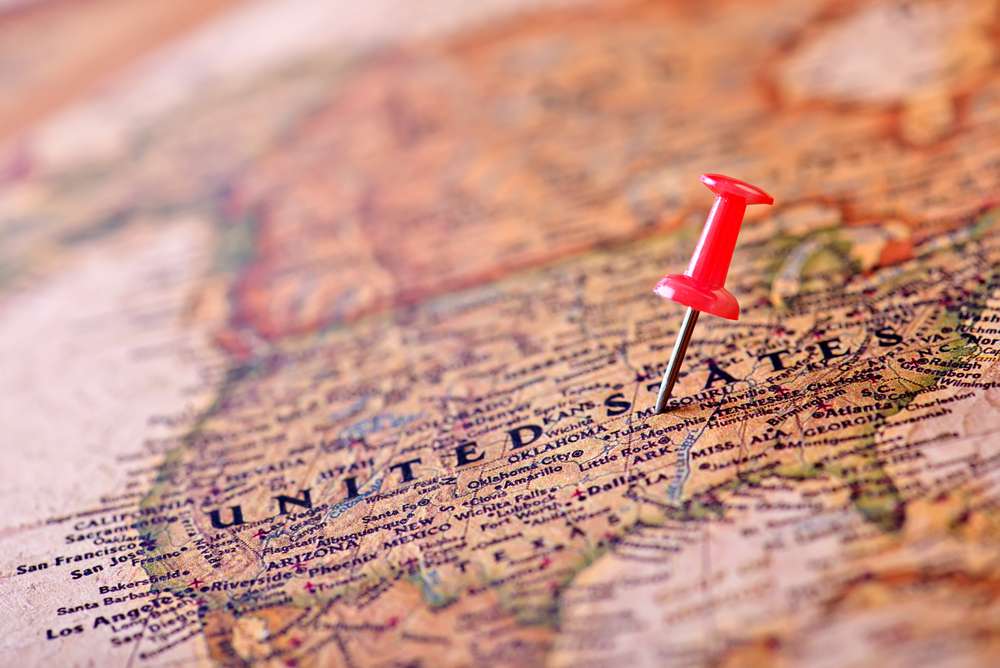
What’s the Biggest Source of Financial Stress in Your State?
A recent study by GoBankingRates.com asked Americans to identify their biggest financial stressor and then broke down the results by state. Check out the map above to see which financial issues are keeping your neighbors awake at night.
The most common stressor cited was paying off debts (including credit cards), with 20.6 percent of respondents saying this was their biggest financial concern. It topped the list in 30 states and tied with other issues as the most common stressor in another three states.
The stress of paying off debts, as we’ve discussed in earlier blog posts, can negatively impact many different aspects of your life, from your personal relationships to your job performance.
What can you do to reduce this stress? Clearly, paying down (or off) your debt will help. There are two big steps you can take to start whittling away at your debts.
- Build a budget: Track all of your income and spending for one or two months straight – every single dollar that comes in and (even more importantly) everything you spend. You can use a spreadsheet, pen and paper or our Best Money Moves Budget Tool, whichever is easiest for you. Look at your expenses and decide where you can cut some of your spending, whether it’s making your coffee at home instead of paying for it at Starbucks every day or finding something to watch on Netflix instead of going to the movie theater every weekend. The more you cut, the more progress you’ll see.
- Pick your payoff strategy: If you have a lot of different debts, it probably feels like you’re just throwing your money at them with no real idea of how long it will take to pay them off. Choose a strategy for making your payments, continuing to pay the minimum on each but focusing any extra you have on one of the following methods:
- High-interest first: Concentrate on paying off the debt with the highest interest first, then moving to the next highest; or
- The snowball strategy: Tackle the smallest debt first, then “snowball” the money you were putting toward paying off that debt into the next-smallest debt after you pay off the first, continuing upwards until you’ve paid off all of your debts.
- High-interest first: Concentrate on paying off the debt with the highest interest first, then moving to the next highest; or
Want to learn more about how to tackle your debts and reduce financial stress? Email us at info@bestmoneymoves.com to be included in a free trial!




